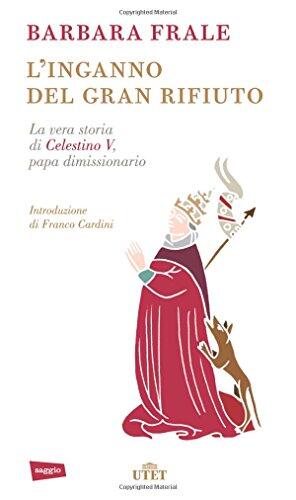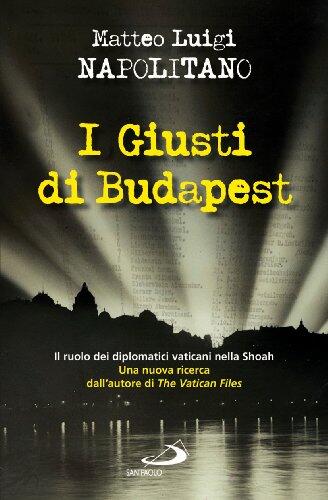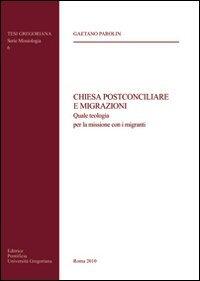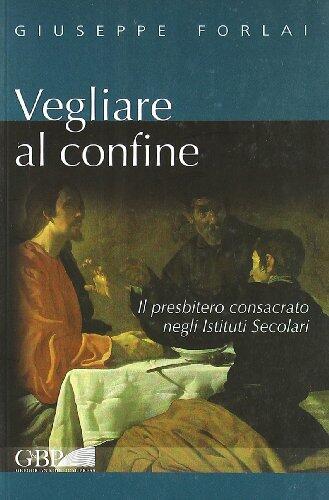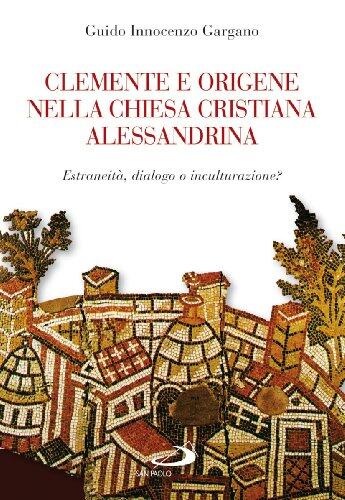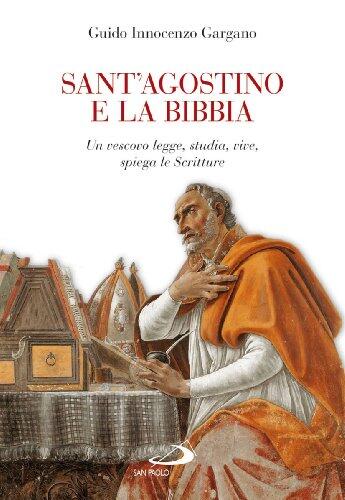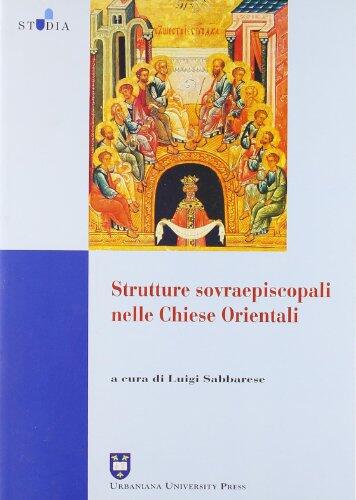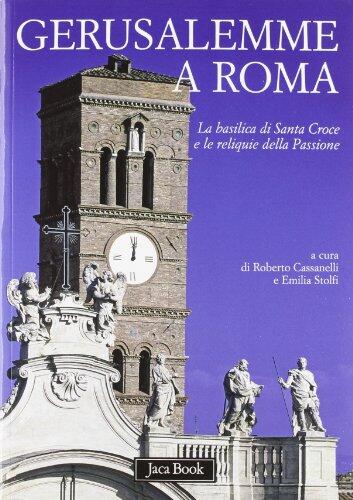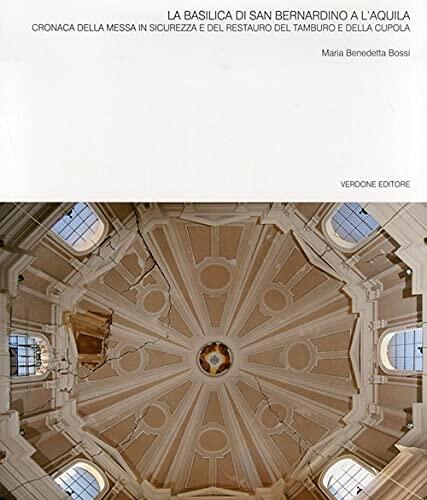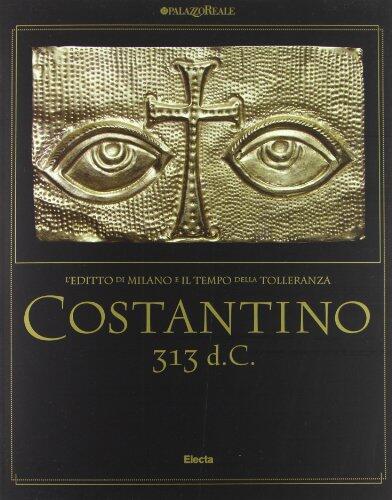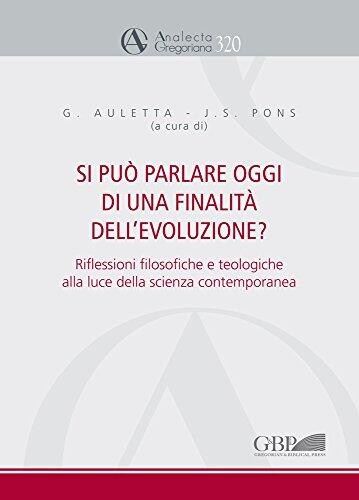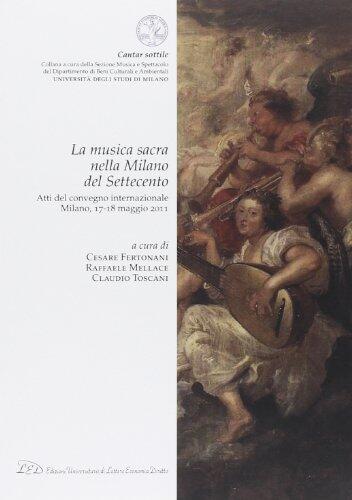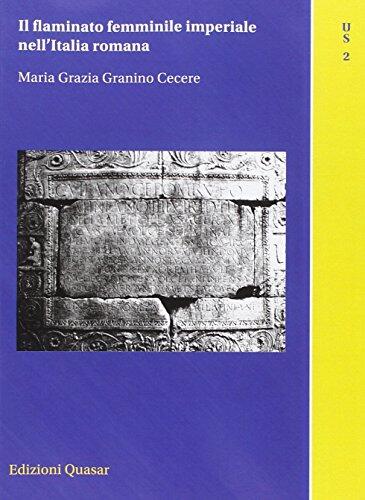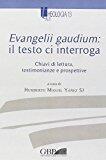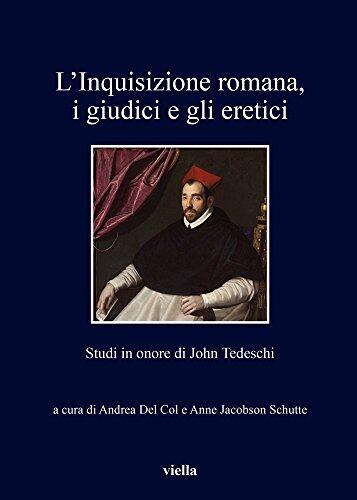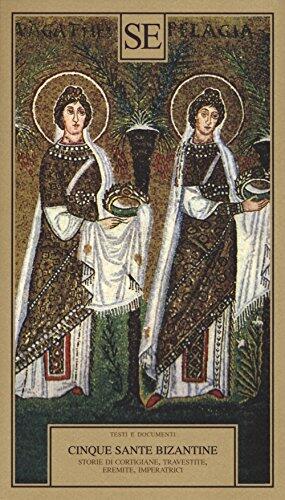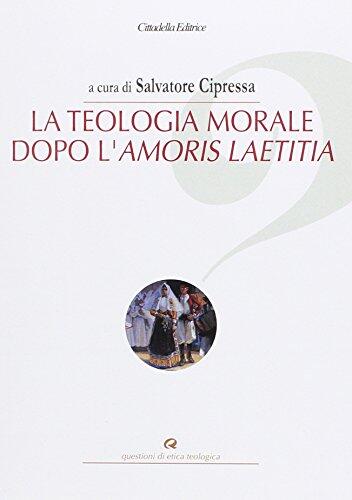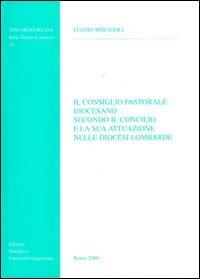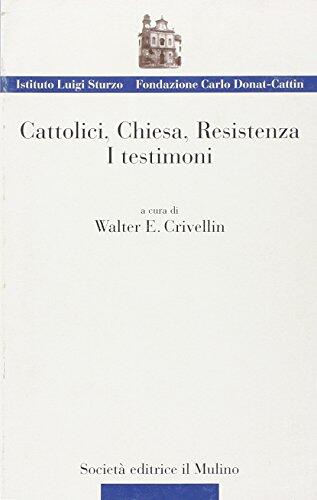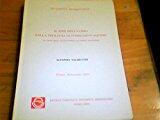
Fine Dell'uomo Nella Teologia Di Tommaso D'aquino: Un Percorso Attraverso Le Opere Maggiori
由
A. Valsecchi
还没有评分
Religion & Spirituality
Philosophy
格式
平装书
页数
400
语言
意大利语
已发布
Jan 1, 2003
出版商
Gregorian & Biblical Press
ISBN-10
8876529748
ISBN-13
9788876529740
描述
Alfonso Valsecchi explores a profound journey through the theological works of Thomas Aquinas, focusing on the significance of humanity within his thought. This intricate analysis unveils how Aquinas weaves the essence of human nature through various interpretations of ethics, morality, and divine connection. Valsecchi’s meticulous research offers readers a detailed reflection on Aquinas's philosophical framework, shedding light on the key concepts that define human existence according to the prominent theologian.
This study begins with an overview of Aquinas's major texts, exploring the evolution of his ideas and their relevance in contemporary theology. Valsecchi carefully contextualizes Aquinas's thoughts, making connections to both historical and modern discussions within philosophical and theological circles. The author highlights the interplay between reason and faith, demonstrating how Aquinas positions humanity as an integral part of the divine order.
Calling upon his extensive academic background, Valsecchi presents a coherent narrative that not only honors Aquinas’s legacy but also encourages readers to engage deeply with the text. By tracing the threads of humanity's role in Aquinas's theology, he invites scholars and enthusiasts to reconsider the implications of these insights in today’s world. This work stands as a significant contribution to the understanding of Aquinas, promising to enrich the conversation around faith, reason, and the human condition.
This study begins with an overview of Aquinas's major texts, exploring the evolution of his ideas and their relevance in contemporary theology. Valsecchi carefully contextualizes Aquinas's thoughts, making connections to both historical and modern discussions within philosophical and theological circles. The author highlights the interplay between reason and faith, demonstrating how Aquinas positions humanity as an integral part of the divine order.
Calling upon his extensive academic background, Valsecchi presents a coherent narrative that not only honors Aquinas’s legacy but also encourages readers to engage deeply with the text. By tracing the threads of humanity's role in Aquinas's theology, he invites scholars and enthusiasts to reconsider the implications of these insights in today’s world. This work stands as a significant contribution to the understanding of Aquinas, promising to enrich the conversation around faith, reason, and the human condition.
